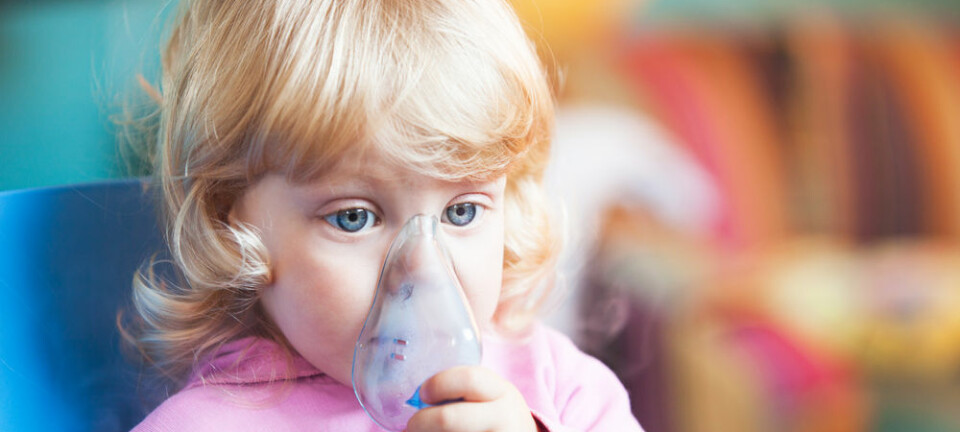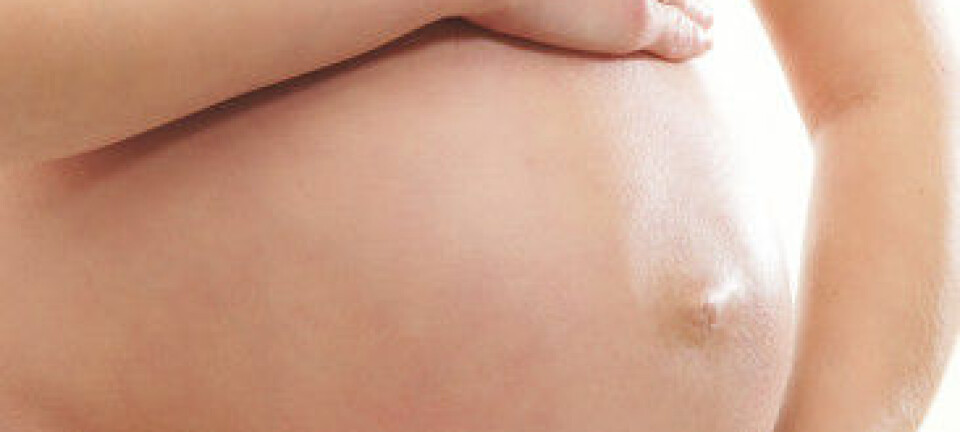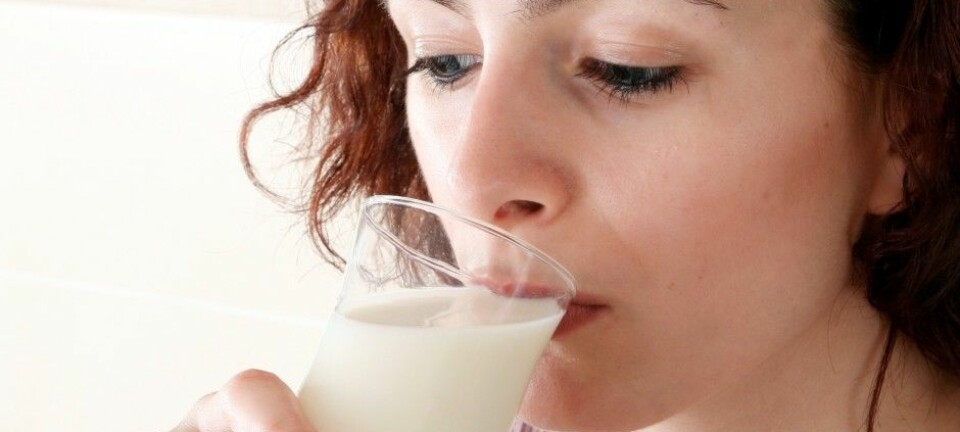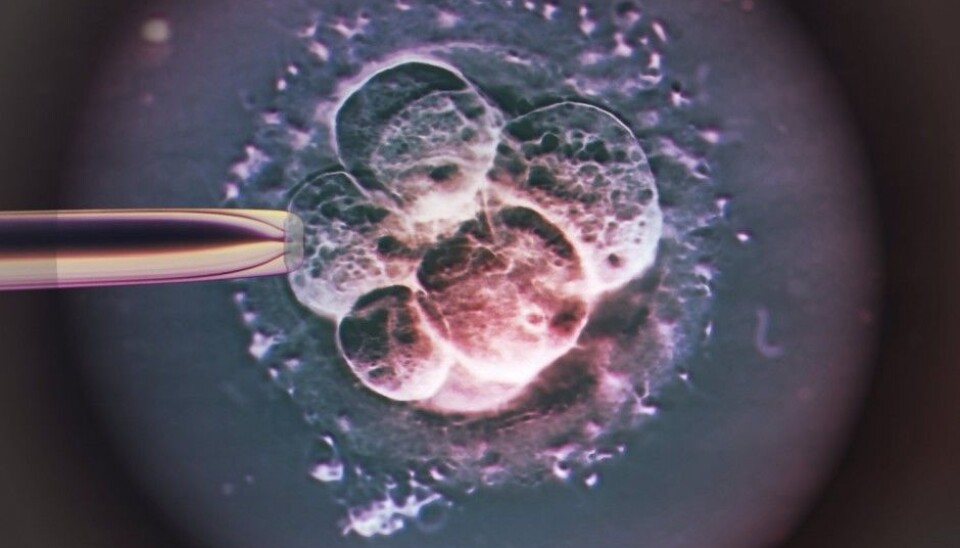
Breast cancer risk higher in women who need reproductive help
The first test tube baby in Norway was born in 1984. An increasing number of women rely on assisted reproduction to give birth. Today, between 2-5 per cent of all children born in Europe are brought into the world this way.
Denne artikkelen er over ti år gammel og kan inneholde utdatert informasjon.
Scientists have for the first time examined cancer risk among all Norwegian mothers who have been given reproductive help.
A study led by researchers from the Norwegian National Advisory Unit on Women's Health, Oslo University Hospital, shows that the risk of getting breast cancer is 20 per cent higher among women who gave birth after assisted reproductive technology than among those who got pregnant without medical help.
Hormones not the problem
But is this increase caused by hormone treatment the women received? Or might the reason behind a woman’s problems conceiving also be among the reasons her breast cancer risk is higher?
“It appears that hormone treatment is not the cause of the increased risk in our study,” says the lead researcher in the study, physician Marte Reigstad.
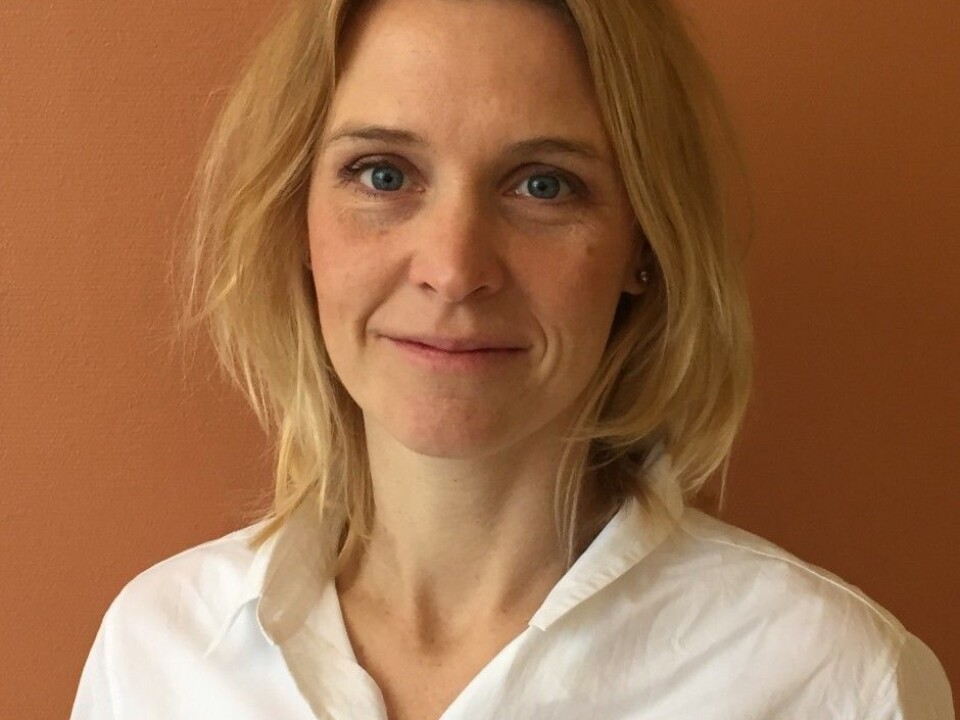
This is in keeping with findings from a 2012 study, which showed that hormone replacement therapy (HRT) does not increase the risk of getting cancer, but that being infertile can increase the risk of the disease.
In vitro fertilization (IVF) involves giving a woman hormones so that several of her eggs mature simultaneously, which makes it possible to extract more eggs from the woman.
When fertilization is done in a laboratory, and the fertilized egg is reinserted into the woman, she often treatment with the hormone progesterone, via tablets, cream or spray. This hormone helps the body maintain the pregnancy, so that the woman does not have a miscarriage. According to the 2012 study, this hormone treatment causes a small increase in a woman’s risk of ovarian cancer, but not breast cancer.
Reigstad’s study involved the collection of information on 16,000 women who gave birth children after IVF from 1984 to 2010, compared to 800 000 women who gave birth after natural conception. Her analysis showed that there was an increased risk of breast cancer among women who had received in vitro fertilization.
No increase when the man is infertile
To find out if the reason for the increased risk was the treatment itself, or if it was something related to the infertile women themselves, Reigstad split the IVF women into two groups.
One group was made up of women who were probably not infertile but where the man was likely the reason for the couple’s infertility. The other group was made up of women who had difficulties getting pregnant.
The researchers only found an increase in breast cancer risk in this last group, which Reigstad interprets as showing that hormone treatment was not the cause, since women in both groups had received hormone treatment. In other words: It may be that that there is a common cause that both makes women infertile and increases their risk of breast cancer, she says.
Ruled out “the child factor”
Previous research has also suggested that women who never have children have a slightly higher risk of cancers of the ovary, breast and endometrium. Scientists do not know the reason for this, but speculate that pregnancy in itself may protect the body from cancer.
Previous studies have not distinguished between women who give birth after IVF treatment and those who did not get pregnant after treatment.
“That has made it difficult to say with certainty if it is only the absence of the protective effect of having children that leads to the increased cancer risk among infertile women. Our study avoided this problem by including only women who have had children,” says Reigstad.
Conflicting results
Nan Oldereid is senior consultant at the Section of Reproductive Medicine, Oslo University Hospital and is co-author of the new study. She works directly with IVF treatment of Norwegian women and men.
“Our study is one of several that deal with the risk of breast cancer in women who have given birth after IVF treatment. Some studies, like ours, have found an increased risk, but other studies have found the opposite - that assisted reproduction may have a possible protective effect,” says Oldereid.
-------------------------------------
Read the Norwegian version of this article at forskning.no







